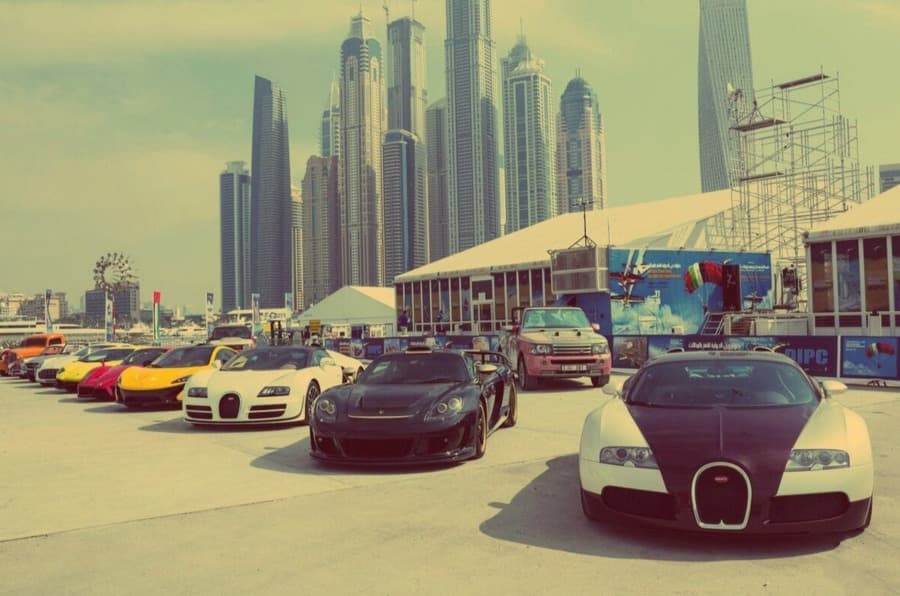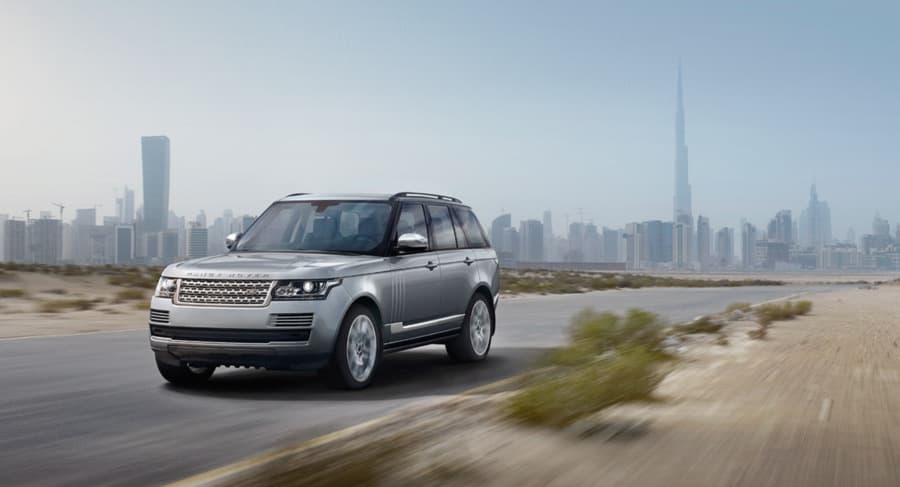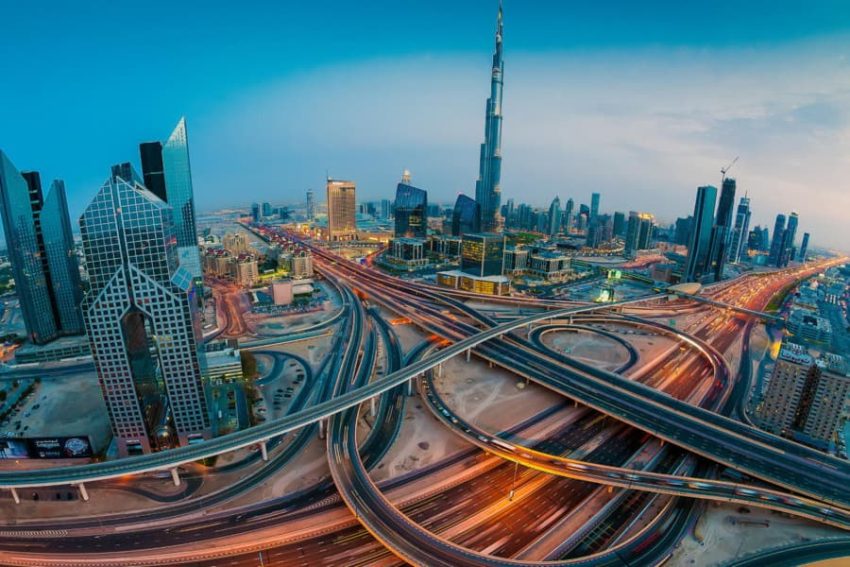Dubai stands as a testament to rapid urban development, with its ambitious infrastructure projects setting a benchmark for cities worldwide. The story of building Dubai’s infrastructure is one of vision, innovation, and overcoming challenges, reflecting the broader dynamics of urban transportation architecture both within and outside the city.
The Historical Foundation of Dubai’s Infrastructure
Dubai’s transformation from a modest trading port to a global metropolis is a remarkable feat of urban planning and development. In the early 2000s, the city embarked on an ambitious journey to overhaul its infrastructure, focusing on scalability, efficiency, and connectivity. The development of the Sheikh Zayed Road, the expansion of the Dubai Metro, and the construction of the Al Maktoum International Airport are milestones that mark the city’s commitment to building a future-ready transportation network.

Navigating Challenges: Building Roads in Dubai
The projection and construction of roads in Dubai have not been without their challenges. The city’s rapid growth demanded infrastructure that could accommodate an increasing population and its vehicular needs. Urban planners faced the daunting task of designing roads that could not only support the current traffic but also adapt to future demands. Environmental considerations, such as the city’s unique desert landscape and high temperatures, added layers of complexity to the planning and building process.
A Global Comparison: The Dominance of Cars
Dubai’s reliance on cars is not unique; several countries and cities around the world showcase a similar dependence on personal vehicles for transportation. Here’s a comparative look:
-United States: The U.S. has one of the highest rates of car ownership in the world, with suburban and rural areas particularly dependent on cars for daily commuting.
-Australia: With vast distances between cities and within urban areas, Australians rely heavily on cars, making it one of the countries with a high car per capita ratio.
-Canada: Similar to Australia, the expansive geography of Canada makes car travel essential for many, especially outside of densely populated urban centers.
The Necessity of Cars in Dubai’s Climate
In Dubai, the car is more than a convenience; it’s a necessity, especially during the hot season. The scorching summer temperatures make air-conditioned vehicles indispensable for residents and visitors alike. However, this reliance on cars has its downsides, including significant traffic congestion. Despite the advanced infrastructure, Dubai’s roads often face traffic jams, particularly during peak hours, underscoring the challenges of balancing car dependence with traffic management. Amidst this, services like budget car rental have become increasingly popular, offering residents and tourists alike an affordable and flexible way to navigate the city’s sprawling landscape.
The Silver Lining: Car Longevity in the UAE
One unique aspect of owning a car in the UAE is the extended vehicle lifespan. The country’s arid climate is less harsh on automobiles compared to more humid or salt-air environments. Cars in the UAE generally have better conditions and serve longer, offering a silver lining to the city’s car-dependent residents. The absence of snow and salted roads means less corrosion, and the culture of maintenance and care ensures that vehicles remain in top condition for years.

Conclusion
Dubai’s journey in developing its transportation infrastructure reflects a broader narrative of urban development in the face of geographical and environmental challenges. The city’s approach to road building, coupled with its residents’ reliance on cars, offers insights into the complexities of modern urban transportation. As cities around the world grapple with similar issues, Dubai’s experiences serve as valuable lessons in balancing development, convenience, and sustainability.

I like to give reasonable advice on budgeting to people with any income level. I currently live in Portland, Oregon and am available for freelance assignments and speaking engagements.

